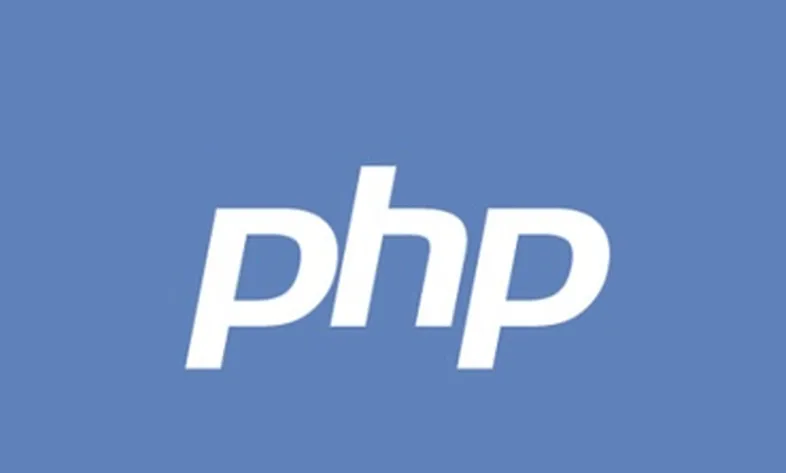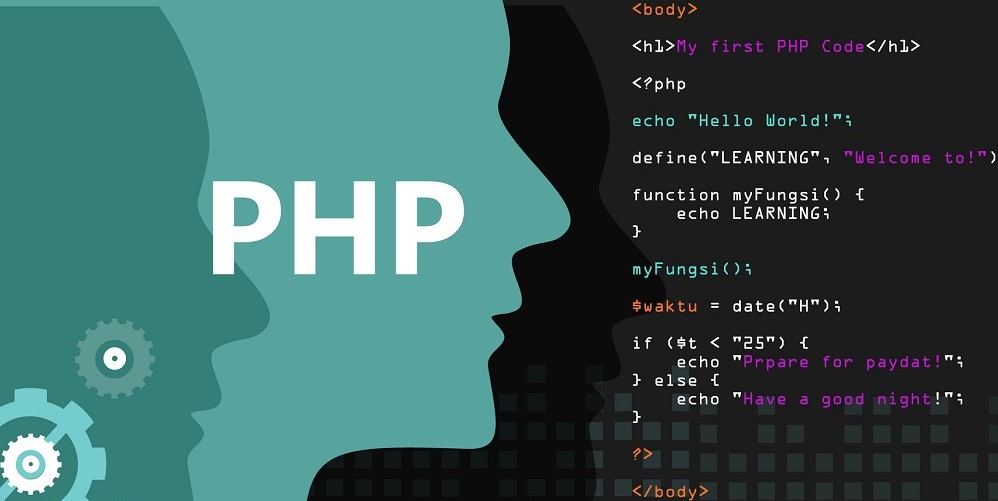Add line breaks online tools
Introducing the tool to add a hyphen online and go to the next line according to the specified character, which can be a period or letters.

What is PHP? PHP is a programming language for designing dynamic or developed websites. Using PHP php
PHP is a programming language for designing dynamic or developed websites. Using PHP, information can be received or sent.
PHP is a programming language developed for web design, but it can also be used as a general-purpose language.
As of January 2013, PHP was installed on 244 million websites and 2.1 million web servers.
This language was created in 1995 by Rasmus Lerdorf and is currently developed by the PHP Group.
PHP was originally derived from the phrase Personal Home Page, but now the word is a recursive acronym for PHP: Hypertext Preprocessor.
PHP codes are interpreted by a web server that has PHP software installed on it.
The commands of this language can be placed directly within HTML codes.
Starting with version 4.3, the PHP language added support for a command line interface to its features.
This feature can be used to create non-web applications or applications with a graphical user interface.
PHP is free software released under the PHP License.
This license is incompatible with the GNU General Public License (GPL) due to restrictions on the use of the PHP title.
PHP can be installed on most web servers.
It can also be installed as a separate shell on almost all operating systems and platforms.
All of these uses are free.

One of the outstanding features of PHP is that this programming language is compatible with most databases, including MySQL, PostgreSQL, and Oracle.
This allows programmers to easily read information from databases and display it on the website as desired using PHP.
Using PHP, programmers can design web pages dynamically and use various features such as forms, user login and logout systems, and online payment systems.
PHP also allows for connectivity to other services and APIs, which helps programmers create more complex and powerful websites.
Since PHP is an open source programming language, programmers can use available open source resources and libraries to develop their websites.
This increases development speed and reduces costs, allowing programmers to easily create dynamic and powerful websites.
Overall, PHP is a powerful programming language used to create dynamic and interactive websites.
This programming language provides many possibilities for programmers, allowing them to create websites with complex and professional features.
One of the popular plugins for PHP development is the Composer plugin.
Composer is a PHP dependency manager that allows developers to easily install and manage the libraries and packages they need.
Using Composer, programmers can quickly and easily develop their own projects and use other people's code.
Another useful plugin for PHP development is the PHPUnit plugin.
PHPUnit is a unit testing tool for PHP that helps programmers test their code and ensure it works correctly.
Using PHPUnit, programmers can quickly identify and fix bugs and errors in their code.
Other plugins such as Laravel and Symfony are also very useful for PHP development.
Laravel is a powerful PHP framework that offers a lot of features for developing web applications, while Symfony is a powerful and flexible PHP framework that allows developers to manage complex projects.
Using these extensions and libraries, PHP programmers can make improvements to their code and build more powerful and efficient applications.
These plugins help programmers develop their projects quickly and with high quality and make the most of PHP's capabilities.
Source » Itroz Blog



Follow the guide to set up your domain email on any device or OS, including both smartphones and computers, quickly and easily.

This guide is useful for automatically forwarding your website emails set up on your domain to other email accounts, such as Gmail and others.
Comments (0)